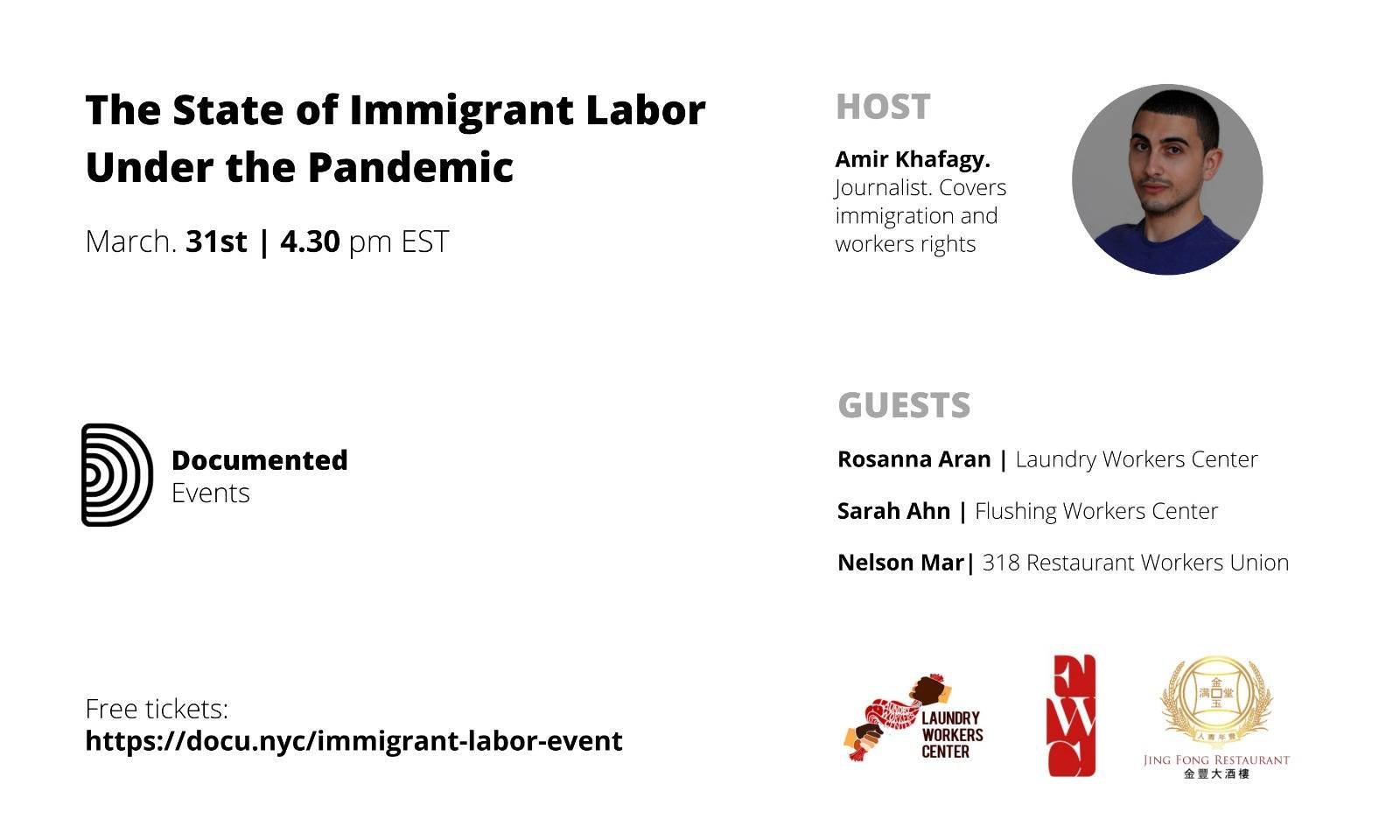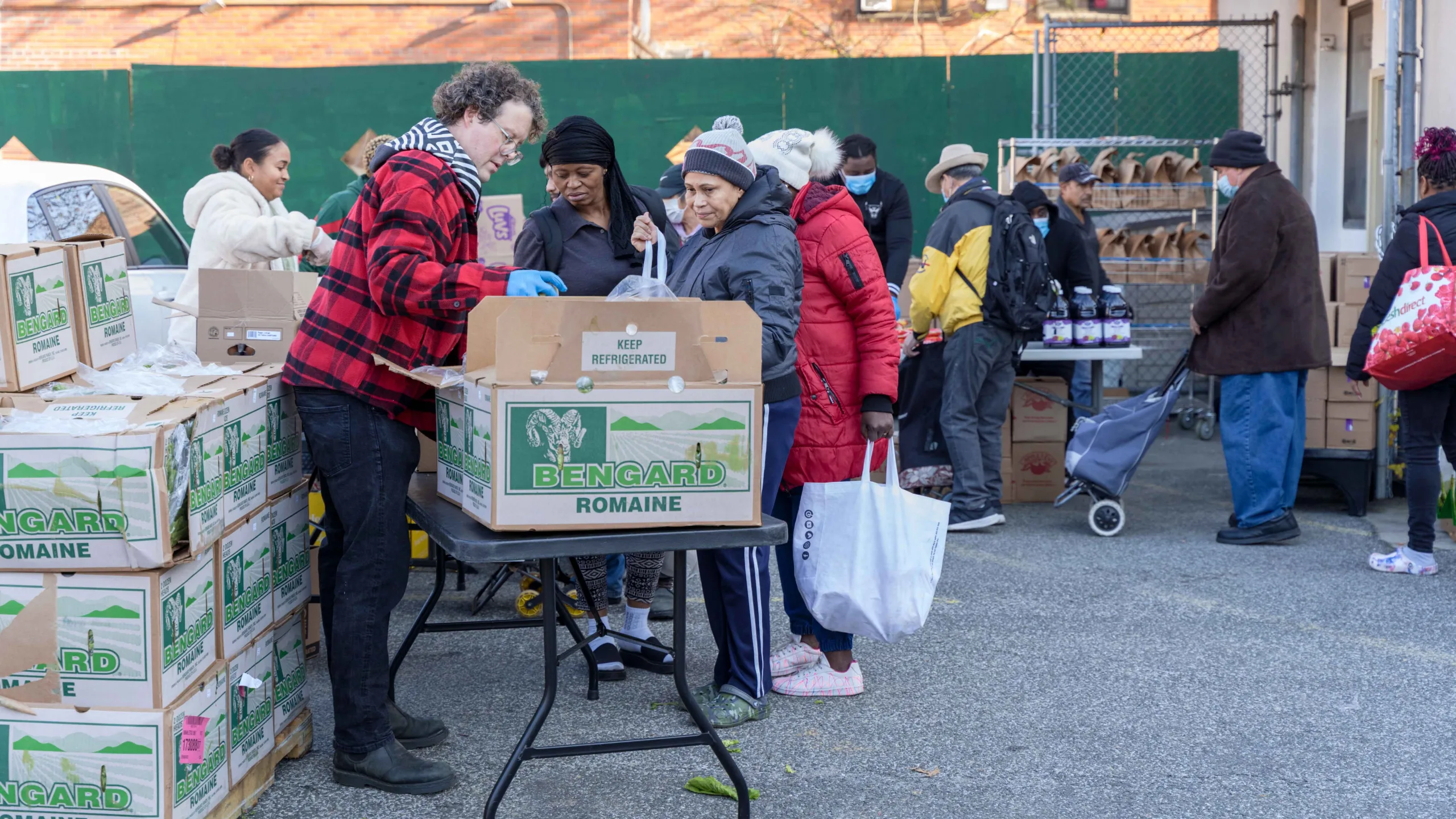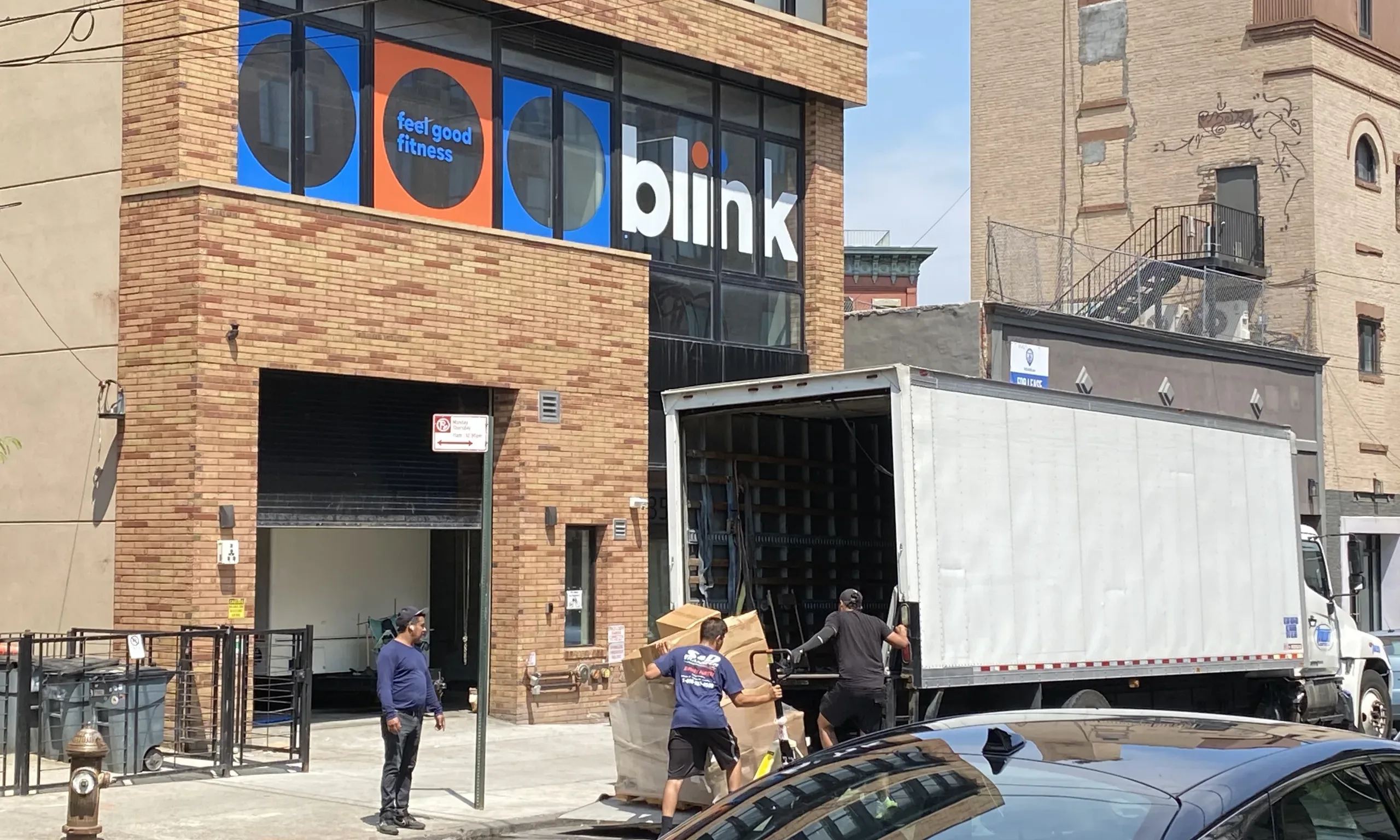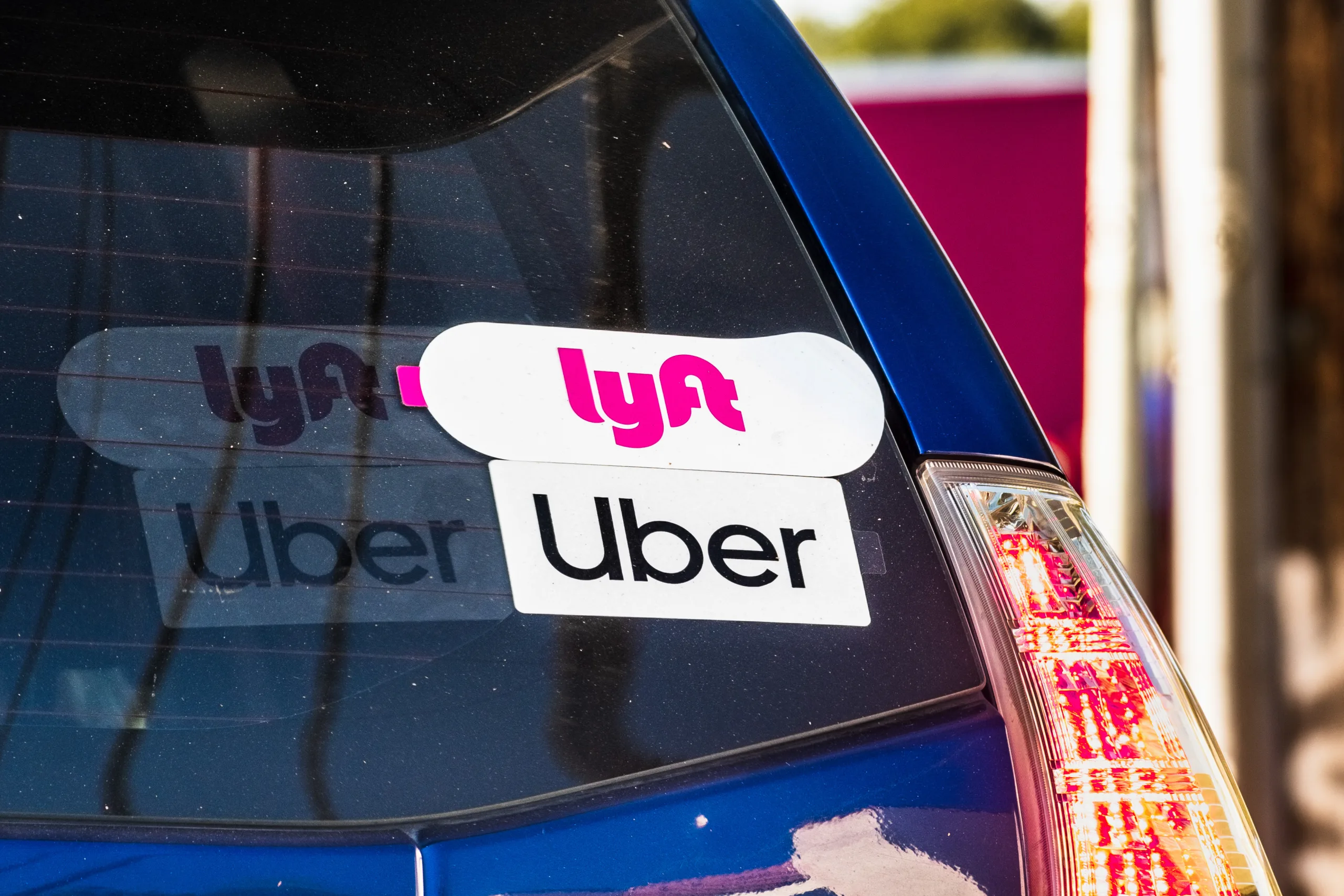The pandemic has made labor conditions worse for many low wage immigrant workers, but it has also created a galvanizing moment for workers rights organizations across the city. This was the theme of Documented’s second virtual panel discussion on immigration issues in New York City.
Amir Khafagy, a freelance journalist who covers immigrant labor issues for Documented, moderated the discussion with three labor organizers, including Rosanna Rodríguez-Aran, co-executive director of the Laundry Workers Center, Yolanda Zhang, organizer for Ain’t I A Woman campaign and volunteer for the Flushing Workers Center, and Nelson Mar, president of Labor 318 Restaurant Workers Union, which represents workers from the famed Chinese restaurant Jing Fong.
This event was the second in a series Documented created in response to requests from our readers and is part of the Documented Community membership program. Recordings of the event are restricted to Documented members only. To gain access to this exclusive content, you can become a member here.
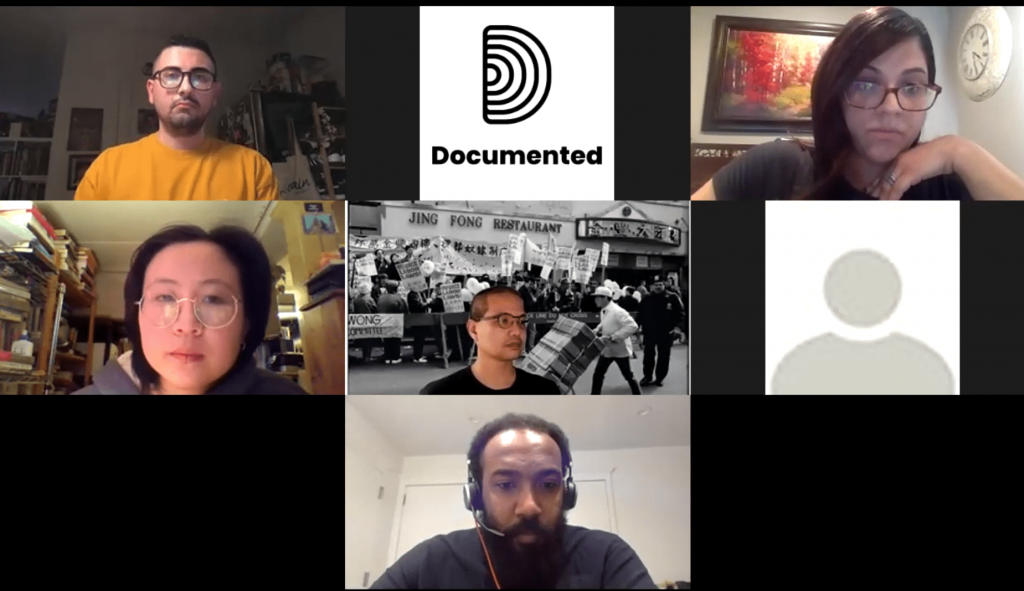
Also read: The First Days of Biden, The Impact on New York’s Immigration System(Event)
Laundromat workers, who are mainly immigrant women, were one of the many groups of essential workers that played a role sustaining the city during the pandemic. Rodríguez-Aran, said, “They were the ones cleaning our laundry while we stayed home.”
The nonprofit organization published a report in 2018 demonstrating the lack of pay and long hours the workers endured in dangerous health and working conditions. These issues worsened during the pandemic, Rodríguez-Aran said. According to members of the Laundry Workers Center, workers contracted COVID-19 because they weren’t provided with proper PPE and their employers did not follow CDC COVID-19 prevention protocols closely. On top of that, they had to deal with angry customers and some even lost their jobs once they recovered from the virus.
“Many of our workers, especially laundromat workers that are immigrants, were excluded from any economic aid,” said Rodríguez-Aran. “We are fighting to make sure that New York creates funds for excluded workers.”
During the pandemic, home care workers were heavily exposed to COVID-19, Zhang explained. In order to minimize exposure to their patients, they would work overtime on their 24 hour shift to avoid unnecessary travel on public transportation. “Many workers after training refused the 24 hour shift. But then the agency would just give the 24 hour shift to the next person,” Zhang said, reading a quote from a Chinese home care worker, indicating that workers had to choose either a 24 hour shift or no job at all.
To help these workers receive their wages, Zhang is working with other immigrant labor organizers to promote the Securing Wages Earned Against Theft (SWEAT) Bill, which Governor Andrew Cuomo vetoed in 2019 after it passed the NYS legislature.
As Khafagy reported for Documented in early March, workers and community members protested the closure of Jing Fong in Chinatown. The community was upset when landowners, Alex Chu and Jonathan Chu, decided to close Jing Fong’s doors, Nelson Mar said. “Our members know that this issue is bigger than simply just one restaurant,” he said. “That it is about the forces of displacement that has been crushing Chinatown for many years now.”
Labor 318 Restaurant Workers Union was formed in the 1980 after it tried reaching out to other established restaurant unions but was discriminated against. It is the only union that represents Chinese restaurant workers and had 200 Chinese members at its peak. The union members believe that this is part of the bigger fight to stop displacement in Chinatown and the Lower East Side.
TestPost3
“Our members know that with more high rises, more luxury developments, that only pushes working people out and it makes it less affordable, not only to rent and live there but it also makes it less affordable to stay in business and operate there,” he said. “A lot of the small businesses employee local community members.”
Over the years, Labor 318 Restaurant Workers Union has been included in the Chinatown Working Group, a coalition of organizations that puts forward a community rezoning plan in Chinatown and the Lower East Side. This plan would essentially protect residents and small businesses from the upzoning that leads to displacement.
“Right now, people feel like they have nothing to lose,” said Rodríguez. “They must fight back for essential things that they, as workers, should have.”
Also read: Immigrant Delivery Workers Organize To Fight Rampant E-Bike Theft
